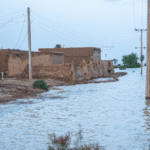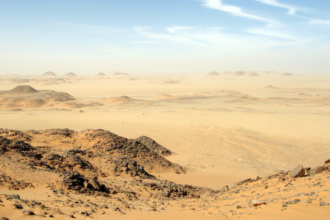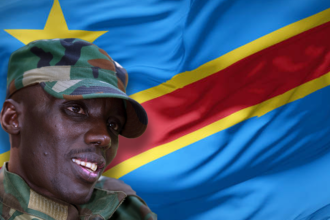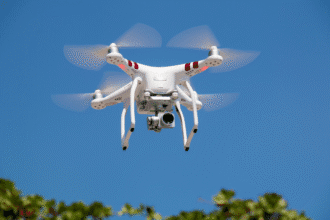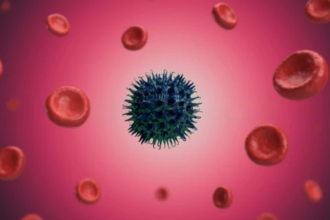The formal charges against Riek Machar, the first vice president of South Sudan, for murder, treason, and crimes against humanity have raised worries about the region’s political stability. The accusations are related to a brutal March incident that was purportedly carried out by a Machar-affiliated paramilitary organization. Since then, government forces have increased security in Juba, the capital, stationing troops and tanks close to Machar’s home.
The fragile peace that was created following years of civil conflict is in danger of being upended by this event. Tensions have persisted despite a 2018 peace agreement that put an end to the ongoing hostilities between Machar and President Salva Kiir. Observers now worry that the resurrected legal case would spark more widespread unrest in the already unstable country.
What led to the most recent charges?
The accusations are based on an attack carried out in March by the White Army militia, which is largely made up of Nuer ethnic members, according to South Sudan’s Ministry of Justice. It is well recognized that this group has historical connections to Machar. About 250 soldiers and a senior general were killed in the attack, which targeted a military base in the town of Nasir in the northeast.
In addition, a UN helicopter was shot down during the event, sadly killing its pilot. The lawsuit is the result of authorities directly attributing Machar’s political group to the militia’s acts. Here is the link to our article on the South Korea Crisis.
Is there anyone else involved?
Additionally, seven well-known people who were all connected to Machar have been charged. Among them are Army Deputy Chief of Staff Lt. Gen. Gabriel Duop Lam and Petroleum Minister Puot Kang Chol. They were all arrested with Machar and are still being held. Thirteen additional suspects are still being sought and are still at large, according to confirmation from South Sudan’s justice minister.
According to government officials, the action is necessary to protect the rule of law and stop crimes against state forces and aid workers from going unpunished.
What is the reaction of the global community?
The African Union, the United Nations, and nearby nations are among the regional parties that have taken notice of the situation. Officials emphasize that the investigation should proceed without outside political influence, despite the calls for calm from many. To preserve the nation’s sovereignty and the integrity of the legal system, authorities argue that the legal process must be completed.
Machar has not yet released a statement, but international observers and peace partners have expressed disapproval of his continued arrest since March. Particularly in regions with significant ethnic divisions, some worry the accusations may intensify factional tensions. Here is the link to our article on Sudan Crisis Escape.
Could this make the peace agreement from 2018 unstable?
After a bloody five-year civil conflict that killed around 400,000 people, a peace deal was concluded in 2018. Although it provided short-term respite, Machar and Kiir’s relationship has remained precarious. The deal’s viability has come under scrutiny in recent months due to intermittent violence and escalating political mistrust.
The already fragile arrangement might be further strained by legal action taken against one of its principal signatories. Analysts caution that if confidence between opposing factions entirely erodes, the South Sudan crisis may worsen.
Final Thoughts
In the continuing South Sudan crisis, Riek Machar’s charges represent a turning point. The action has major ramifications for peace and national unity, even though the administration wants to strengthen accountability. The international world will keep a careful eye on the course of the legal proceedings to see if justice helps or hinders the nation’s efforts to achieve long-term stability.




